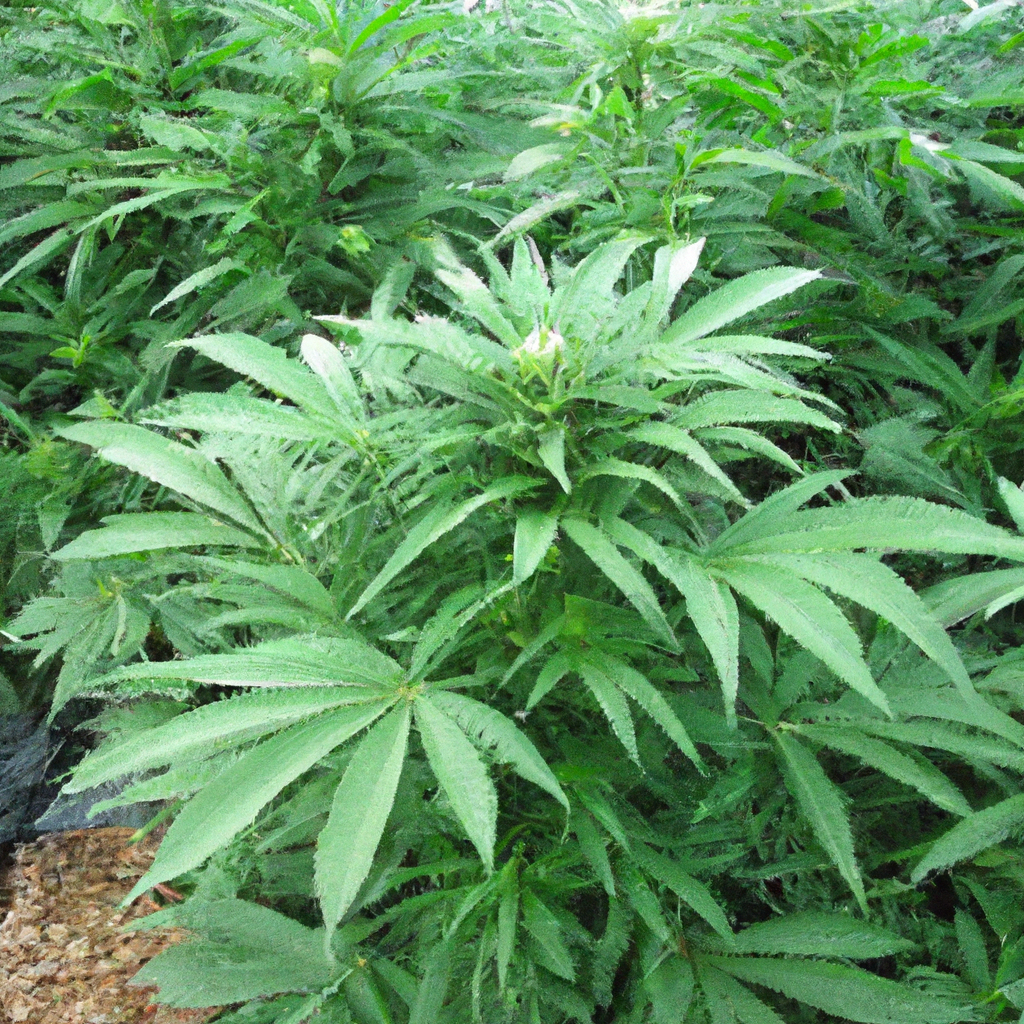Your cart is currently empty!
Organic cannabis cultivation is not just a trend; it’s a sustainable farming practice that prioritizes the health of the environment and the consumer. By leveraging organic methods, growers can produce cannabis that is clean, potent, and beneficial for all involved. Let’s dive into the essential practices that define organic cannabis farming, focusing on soil health, natural fertilizers, and eco-friendly pest control.
Enriching the Soil: The Foundation of Organic Growth
Healthy soil is the cornerstone of successful organic cannabis cultivation. By fostering a thriving ecosystem below the surface, growers can ensure robust plant development and superior yield quality.
- Composting: Create your compost pile including kitchen scraps, grass clippings, and leaves to produce nutrient-rich humus, improving soil texture and microbial activity.
- Cover Crops: Planting legumes or clover as cover crops can fix nitrogen in the soil, naturally enhancing fertility without synthetic inputs.
- Mulching: Protect soil moisture and suppress weeds by applying organic mulch, maintaining an optimal environment for microorganisms.
Natural Fertilization: Feeding Plants Organically
Replacing synthetic fertilizers with organic alternatives is crucial for minimizing environmental impact and adhering to organic standards.
- Manures: Utilize aged or composted animal manures to introduce essential nutrients and boost soil organic matter.
- Fish Emulsion: A potent source of nitrogen and trace minerals, this liquid fertilizer aids in vigorous plant growth.
- Bone Meal: Rich in phosphorus, bone meal supports root development and enhances flowering in cannabis plants.
Sustainable Pest Management: Protecting Cannabis Naturally
Implementing natural pest control techniques is integral to preserving both the health of your crops and the surrounding ecosystem.
- Beneficial Insects: Introduce ladybugs and predatory mites to control aphid and spider mite populations without harming plants.
- Neem Oil: This organic pesticide deters a variety of insects and fungal issues, offering a safe alternative to harsh chemicals.
- Companion Planting: Cultivate herbs like basil and marigold alongside cannabis to repel pests and attract beneficial pollinators.
The Benefits of Organic Cannabis: A Greener Choice
Choosing organically grown cannabis offers numerous benefits that extend beyond the grow operation. For the environment, organic methods reduce chemical runoff and foster biodiversity. Consumers benefit from products free of synthetic additives, rich in natural flavors and cannabinoids. Ultimately, organic cannabis cultivation represents a commitment to sustainability, health, and quality.
Conclusion
Organic cannabis cultivation is a rewarding pursuit that aligns agriculture with environmental stewardship. By focusing on natural fertilizers, building healthy soil ecosystems, and employing sustainable pest control methods, organics offer a greener and healthier alternative to conventional growing practices. Embrace these methods to create a thriving, eco-friendly operation that benefits both growers and consumers alike.
Discover more from Magic Clones
Subscribe to get the latest posts sent to your email.


Leave a Reply